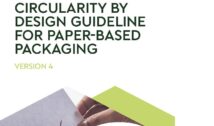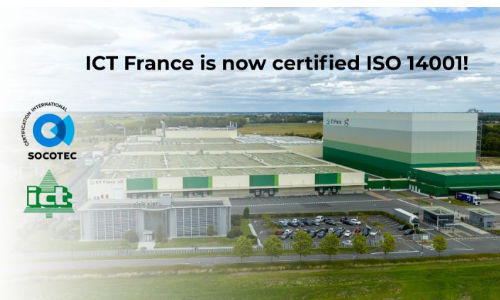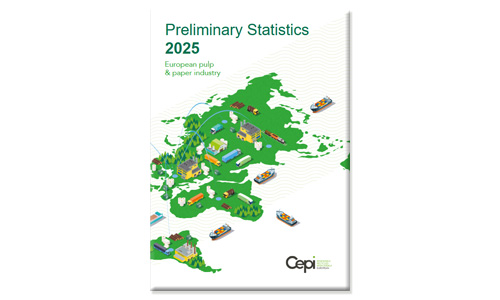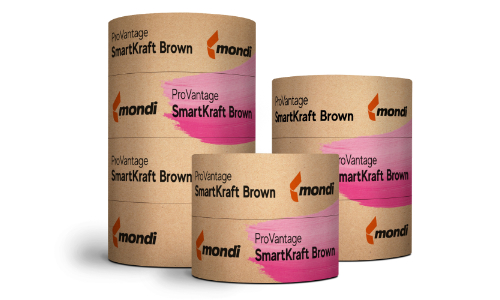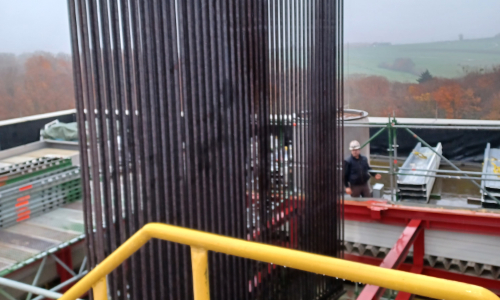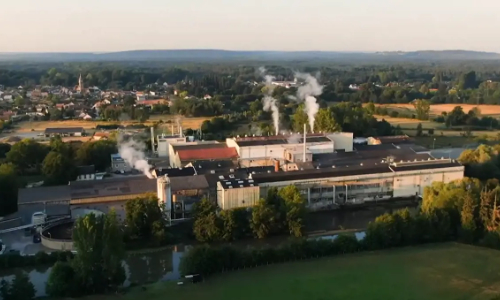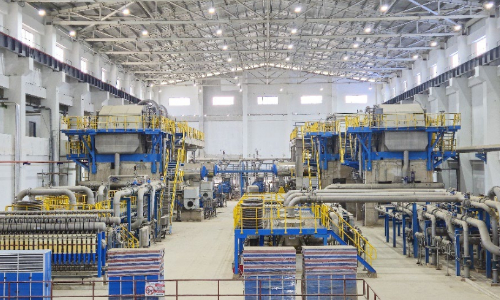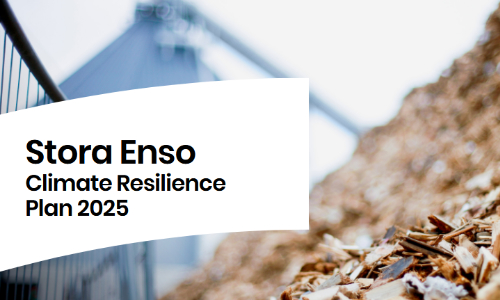
On October 28, Copacel, the Association representing pulp, paper and board manufacturers in France, published a press release on the European Commission’s proposal of October 21, 2025, for the EU Deforestation Regulation (EUDR). Here is its position and its arguments.
« When European Regulation 2023/1115, known as the “EUDR,” was published in June 2023, COPACEL, wholeheartedly supported its objective: the global fight against deforestation, while regretting the extreme complexity of the text. Unsurprisingly, in December 2024, European legislators, recognizing the impossibility of implementing the provisions of this regulation, postponed its application by one year (December 30, 2025, instead of December 30, 2024). (Finally) understanding that the problem lies in the very design of the text, the European Commission presented, on October 21, 2025, a proposal for a regulation amending the text adopted in 2023 on two major points.
The first amendment concerns simplifying the procedures that micro and small enterprises furthest upstream in value chains in low-risk countries will have to follow (forest operators in the paper industry). The second simplification concerns easing the constraints on downstream operators. On this point, the proposal rightly considers that, insofar as the verification of the absence of deforestation has been carried out upstream in a value chain (by the importer, in the case of paper pulp, or the forest operator, in the case of timber harvested in France), it is not necessary for downstream operators to carry out these checks repeatedly.
Unfortunately, these common-sense principles are undermined by three major pitfalls.
- First, the Commission does not fully commit to its new approach and retains Kafkaesque provisions. For example, the obligation to transmit forest operators’ identification numbers, besides being illegal (as it violates trade secrets), leads to the publisher of a book potentially collecting several hundred data points at the end of the chain… which they cannot, in practice, use at all.
- Secondly, several of the simplifications introduced in recent months in the EU Regulation’s interpretative documents (Frequently Asked Questions, etc.) have not been incorporated into the new version of the regulation, leaving companies in a state of significant legal uncertainty (as the interpretative documents published by the Commission have no legal force).
- Finally, the European Commission’s desire to conclude the overhaul of the EU Regulation with the co-legislators before December 30, 2025, is unreasonable. Even if the Commission refers to “targeted amendments,” the entire logic of the text is in fact being changed, requiring a thorough examination so that it can finally be effectively implemented by companies.
« Paper companies have already devoted considerable time and money to preparing for a text that we knew from the outset could not be implemented, » explains Christian Ribeyrolle, President of COPACEL (picture). It is time for the co-legislators to realize how much this chaotic management of the EU Regulation is discrediting EU policies. After a period of debate which will hopefully lead to a sensible text, we will need time to get ready for new obligations. Therefore, it would be incomprehensible for the European Commission to persist in using December 30, 2025, as the entry-into-force date for businesses like ours. »





